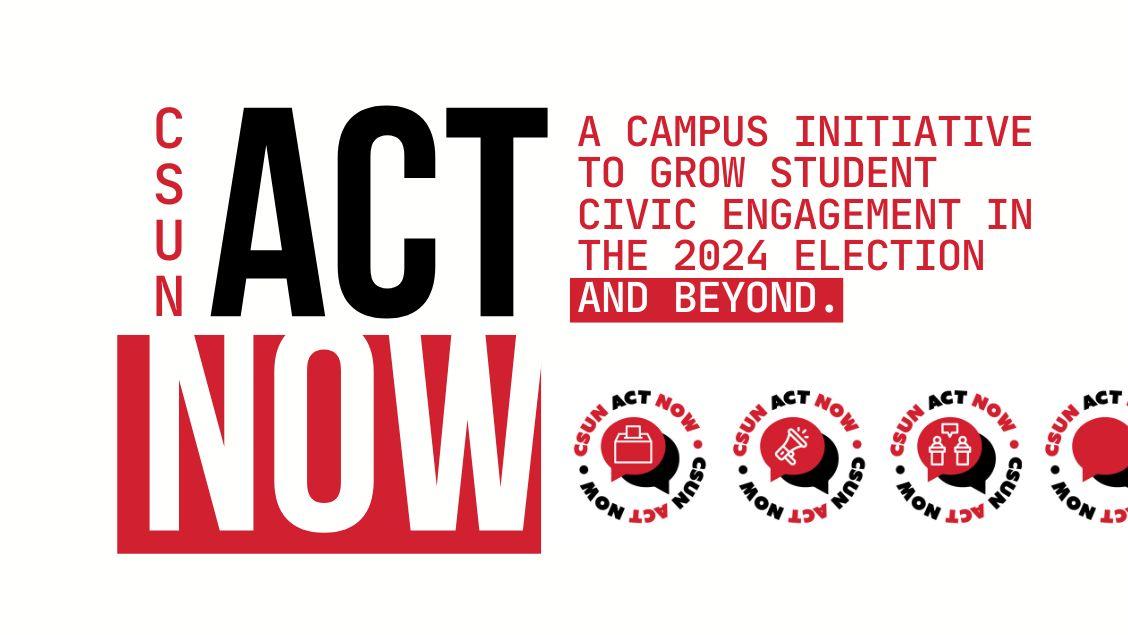
Community Engagement & CSUN Act Now

Contact your College SOLAR Coordinator

Community-Based (Service) Learning

CCE Minor
The current pandemic has raised anxiety for most of the population, as we adjust to social distancing, maintaining good health, and multiple disruptions to life and society. Parents are often sandwiched between dealing with their own anxiety and helping manage their children's worries about the coronavirus. Dr. Abi Gewirtz, Lindahl Leadership Faculty Chair and Director of the University's Institute for Translational Research in Children's Mental Health, will host a presentation and live Q&A on strategies to help parents maintain family wellbeing during these stressful times, and in particular, tools for "essential conversations" with children about the coronavirus and our current scary times.
Dr. Abigail Gewirtz is the Lindahl Leadership Faculty Chair in the Department of Family Social Science and the Institute of Child Development, and director of the Institute for Translational Research in Children’s Mental Health at the University of Minnesota. Her research focuses on the development, effectiveness testing, and widespread implementation of targeted prevention programs that promote child resilience among highly stressed families including those affected by military deployment, and war.
Over 15 years, Dr. Gewirtz’s research has been funded by the US National Institutes of Health, the Substance Abuse and Mental Health Services Administration, and the Department of Defense. Dr. Gewirtz is director of the Center for Resilient Families, tasked with the national implementation and dissemination of evidence-based parenting programs to families affected by traumatic stress. She also is Principal Investigator on three randomized controlled trials to develop and test a web-enhanced parenting program for military families with parents returning from wars in Iraq and Afghanistan. She has published and presented widely on parenting, trauma, and child adjustment, extending parent training models for populations affected by traumatic stress, and the role of community sector
